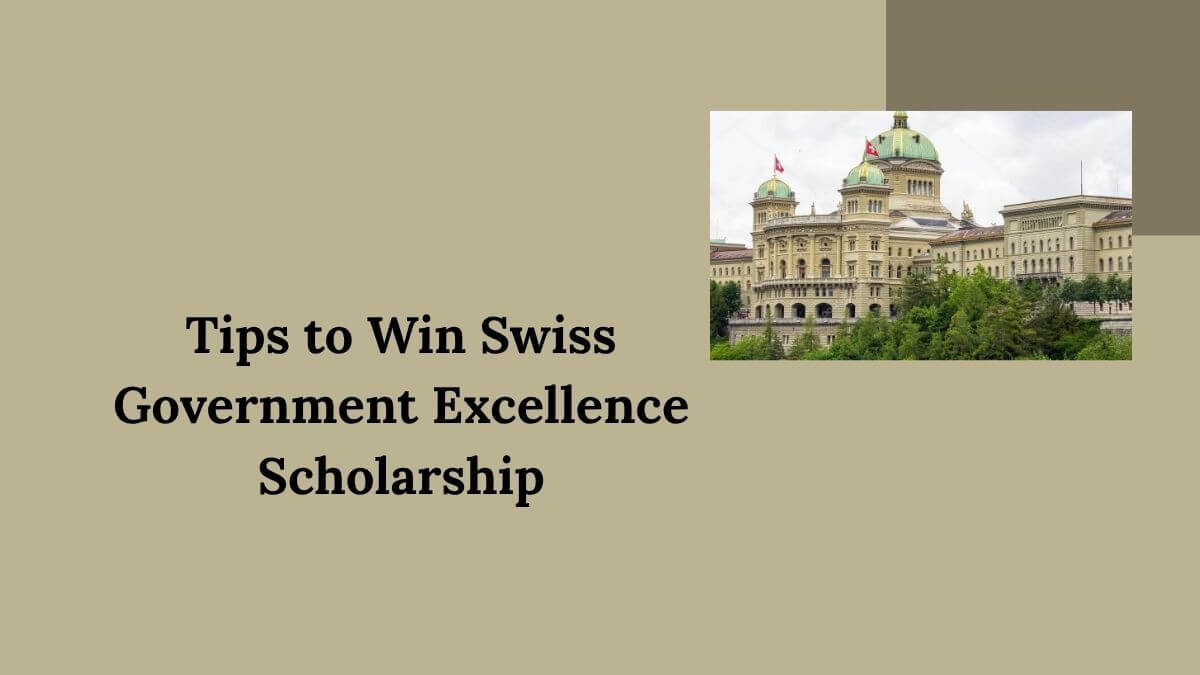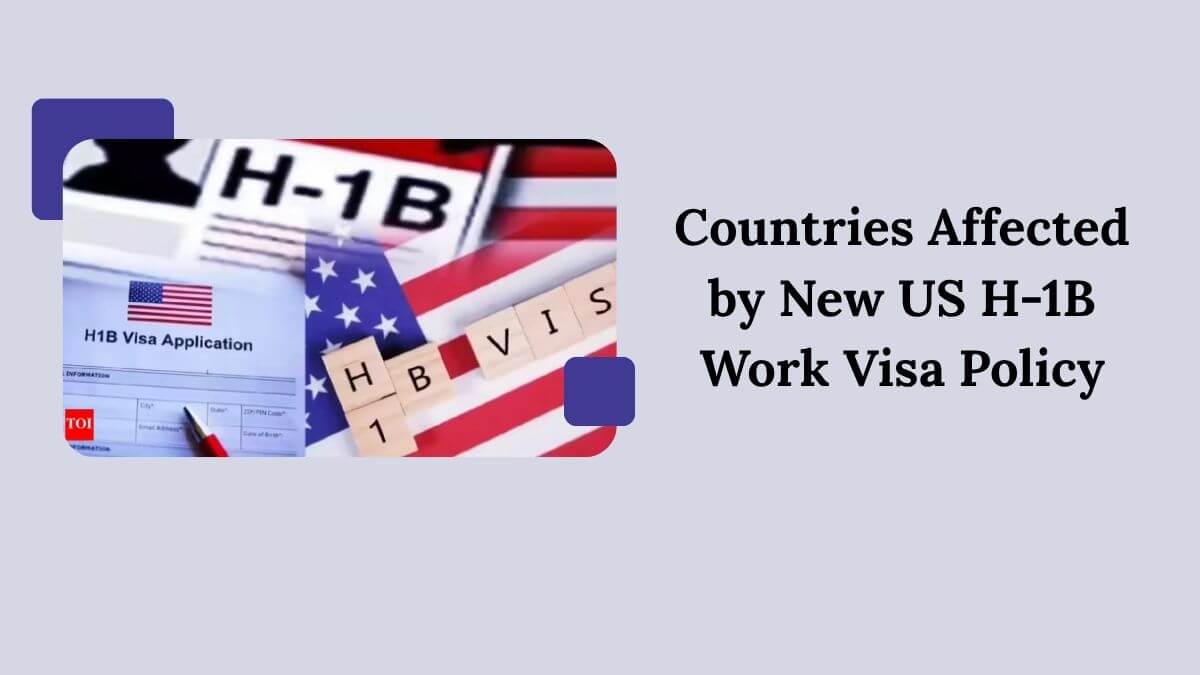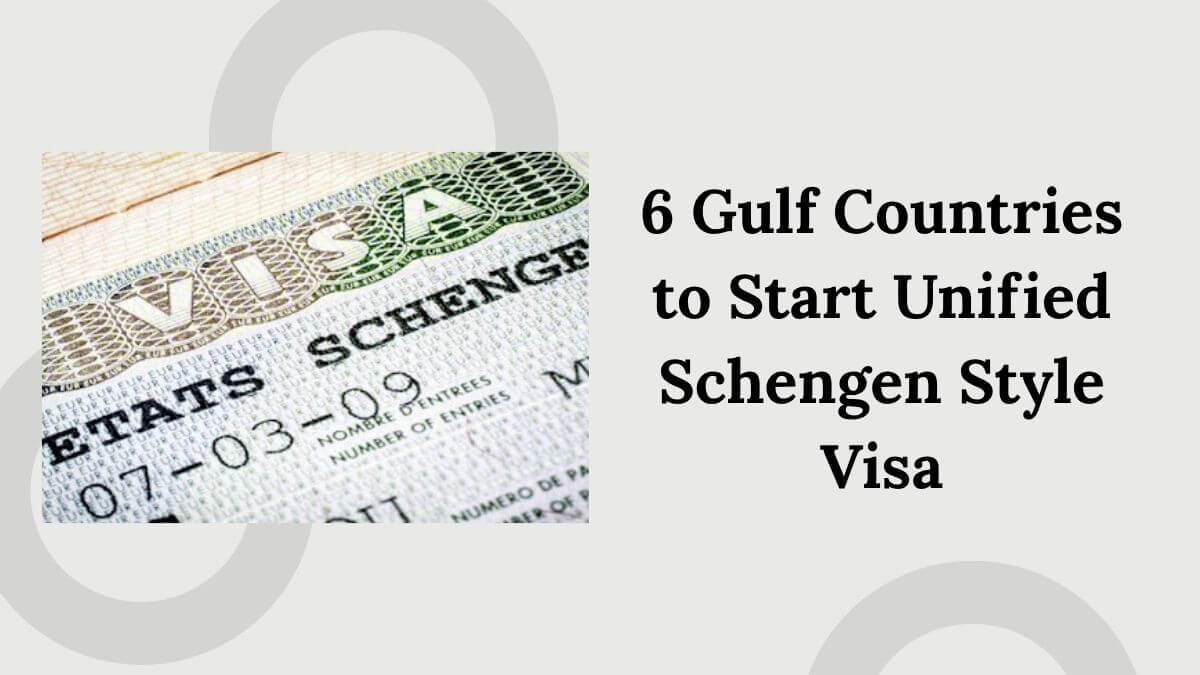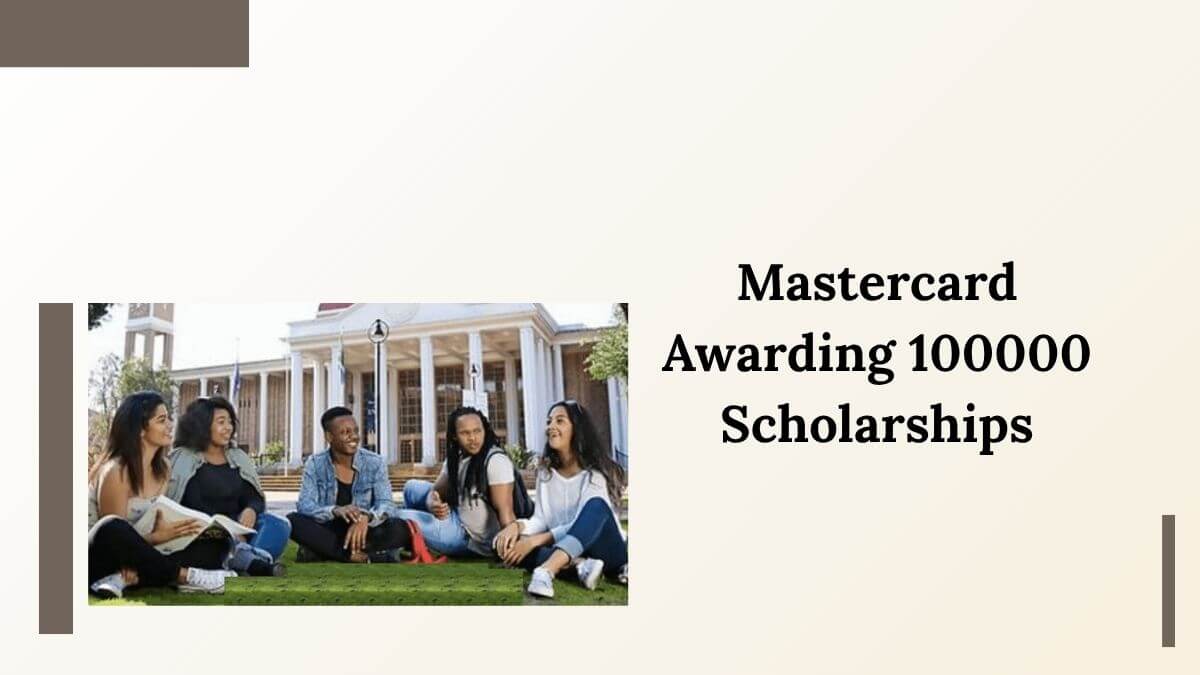Tips to Win Swiss Government Excellence Scholarship for 2026

The Swiss Government Excellence Scholarship is a golden ticket for foreign students who want to do research or get their PhD in Switzerland, which is one of the most academically innovative and peaceful countries in the world. But here’s the truth: every year, thousands of people apply, but only a few get in. However, you can also get this Swiss grant if you follow the right steps.
You will need more than good grades and a good study plan to join the next group of scholars for the 2026–2027 school year. You’ll need to plan ahead, be precise, and think like a Swiss person.
Benefits of Swiss Government Excellence Scholarship:
- Full Tuition Coverage: This plan pays for the costs of certain studies at Swiss universities.
- Monthly Stipend: Gives a monthly living income of CHF 1,920 to cover daily costs.
- Allowance for free living: Some universities help international students find housing.
- Health Insurance: Scholars who are funded in Switzerland get health insurance while they are there, unless they already have it.
- Flight Contribution: A one-time flight fee to get to Switzerland at the start of the program.
- Public Transportation Card: This is a free or cheap journey card that lets you get around Switzerland.
- Help with study: Use of advanced labs, libraries, and other study facilities at top Swiss universities.
- Networking chances: A chance to get in touch with teachers, researchers, and scholars from other countries.
- Culture Integration: The Federal Commission for Scholarships will invite you to academic events, culture activities, and networking events.
- Career Boost: Being a Swiss Excellence Scholar gives you more respect and fame, which can lead to job chances around the world.
Here are seven clever tips that will greatly increase your chances of success.
1# Choose a Supervisor Before You Apply
A letter of support from a Swiss professor is one of the most important things that study and PhD applicants need. But here’s what most applicants do wrong: they send the same email to dozens of teachers, hoping that someone will answer.
Smart Tip: Learn a lot about the study interests of two or three professors. Talk about the new work they’ve done and make it clear how your idea fits in with their lab or department. Professors are more likely to help applicants who know a lot about their work and are interested in it.
2# Align Your Research Proposal with Swiss Priorities
In Switzerland, they don’t just fund talent; they fund talent that fits with their values. In other words, your study proposal should fit with the goals of Swiss innovation, sustainability, or education.
Smart Tip: Visit places like the National Science Foundation (SNSF) or well-known schools like ETH Zurich and the University of Lausanne. Find study themes that keep coming up and use them in a subtle way in your proposal.
3# Show That You’re a Global Ambassador in the Making
This grant isn’t just for school; it’s also for building long-lasting ties between your home country and Switzerland.
Smart Tip: How do you plan to help your country after you graduate? Write about that in your inspiration letter. Talk even more about how you can make study or cultural connections between your home university and the Swiss institution that will host you.
Check Also: Winners Announced for SINGA Awards Scholarship
4# Add Strategic Impact Statements to Your Motivation Letter
A lot of people who want to study in Switzerland say vague things about their “dreams.” That’s not enough.
Smart Tip: In your motivation letter, use words that are bold, clear, and measurable. As an example:
- “While I’m in Switzerland, I want to co-publish at least two papers.”
- “The results of my research will help me come up with a policy proposal for water and sanitation in [Country].”
Swiss selectors like things that are clear, have a reason, and look to the future.
5# Decode the Embassy’s Selection Trends
The way picking works is different in each country. Some like candidates in the STEM fields, while others like those in the humanities or development studies.
Smart Tip: Look through the LinkedIn profiles or old blog talks of people from your country who have won the Swiss Government Scholarship. Find patterns, like the field of study, the university picked, or the host professor, and subtly copy them. This is about being smart about the game, not just going for it.
6# Create a Swiss-Style CV (Yes, It’s a Thing!)
The Swiss value clear writing, proof, modesty, and academic rigor should show up in your CV.
Smart Tip: Include:
- Publications (in full reference style)
- Decorations and awards (with lists or scores, if known)
- Taking on leadership tasks and projects (with results or percentages)
- Skills in languages, study, and using tools and software.
Stay away from over-glorified fluff. Be exact and professional.
7# Infuse “Swissness” into Your Application Tone
Switzerland is known for being fair, balanced, structured, and always trying to do things perfectly. That culture should show up in the tone of your application.
Smart Tip: Focus, be humble, and make an effect with your motivation letter and proposal. Don’t make claims that are too sure of themselves or use flowery language. Instead, write as someone who is serious, dedicated, and interested in learning.
That’s the kind of person Switzerland wants to invest in.
Frequently Asked Questions:
How competitive is the Swiss Government Excellence Scholarship?
The scholarship is very competitive, drawing in the best students and experts from all over the world. Applications that are well-written, have good grades, and have clear study proposals are the only ones that stand out.
What is the most important tip for winning this scholarship?
The most important thing is a strong, well-organized study proposal that fits with Swiss academic priorities. Your proposal should show that it is unique, possible, and will have an effect in the long run.
Do recommendation letters matter in the selection process?
Yes, good recommendation letters from professors who know your academic strengths and study skills can make your application much stronger.



